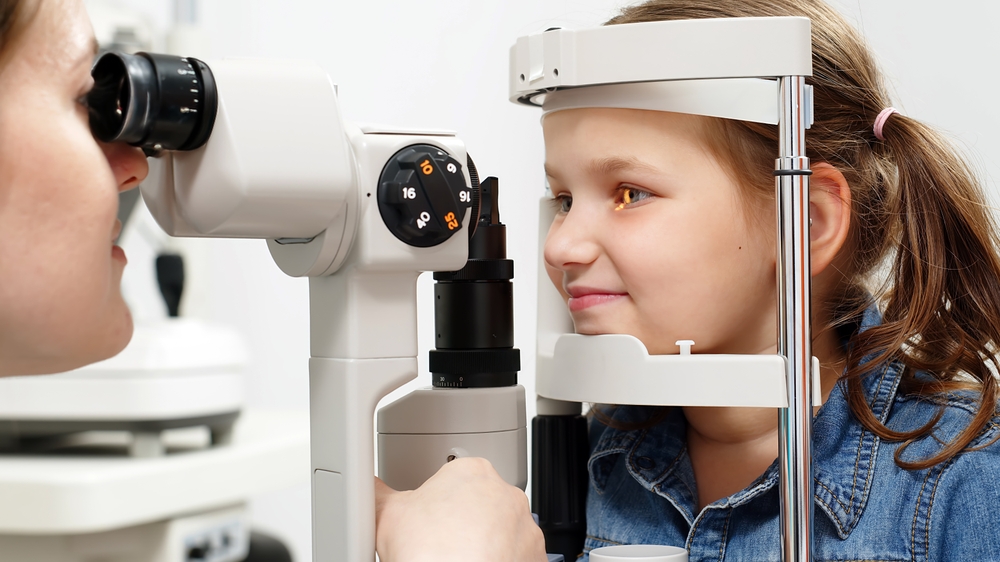
How Regular Pediatric Eye Exams Can Support Your Child's Academic Success
Your child's vision plays a crucial role in their academic performance. Good vision is essential for tasks like reading, writing, and focusing in the classroom. Unfortunately, many children struggle with undiagnosed vision problems that can significantly impact their learning and overall academic success.
According to the American Optometric Association, up to 1 in 4 children have vision problems that can interfere with their ability to learn. These vision issues often go undetected, as children may not realize they have a problem or may not be able to effectively communicate their visual struggles to parents or teachers.
Investing in regular pediatric eye exams is a proactive step you can take to ensure your child's vision is not hindering their academic progress. By identifying and addressing vision problems early on, you can help set your child up for success in the classroom and beyond.
Common Eye Conditions That Can Affect Learning
Several common eye conditions can have a direct impact on a child's ability to learn and perform well in school. Some of these conditions include:
• Refractive Errors: Nearsightedness (myopia), farsightedness (hyperopia), and astigmatism can make it difficult for children to see clearly, leading to problems with reading, writing, and focusing on classroom activities.
• Binocular Vision Disorders: Issues with eye coordination, such as convergence insufficiency or strabismus (lazy eye), can cause problems with depth perception, eye tracking, and visual processing, which can impair a child's ability to read, copy from the board, and participate in classroom activities.
• Accommodative Disorders: Difficulties with the eye's ability to focus and adjust to different distances can lead to eye strain, headaches, and difficulty maintaining attention during prolonged visual tasks.
• Color Vision Deficiencies: Conditions like color blindness can make it challenging for children to distinguish between certain colors, which can impact their performance in subjects like art, science, and technology.
Identifying and addressing these vision problems early on can make a significant difference in a child's academic success.
Signs of Vision Problems in Children
Recognizing the signs of vision problems in children is crucial for ensuring they receive the necessary care and support. Some common indicators of vision issues include:
· Frequent eye rubbing or blinking
· Complaints of headaches or eye strain
· Difficulty with reading, writing, or focusing on close-up tasks
· Covering or closing one eye when trying to focus
· Tilting the head or using a finger to maintain their place while reading
· Avoiding activities that require good vision, such as sports or reading
· Sitting too close to the television or computer screen
· Frequent loss of place while reading
· Difficulty with hand-eye coordination
If you notice any of these signs in your child, it's essential to schedule a comprehensive pediatric eye exam to determine the underlying cause and develop an appropriate treatment plan.
The Importance of Regular Pediatric Eye Exams
Regular pediatric eye exams are crucial for ensuring your child's vision is developing properly and that any vision problems are identified and addressed early on. The American Optometric Association recommends that children have their first comprehensive eye exam at 6 months of age, followed by additional exams at 3 years old and 5-6 years old, and then annually thereafter.
These comprehensive eye exams go beyond just checking for refractive errors. They also assess binocular vision, eye health, and overall visual development. By catching vision problems early, you can take proactive steps to support your child's academic success.
Benefits of Early Detection and Treatment for Academic Success
When vision problems are identified and treated early, children can experience significant benefits in their academic performance. Addressing refractive errors or binocular vision issues can make it easier for children to focus on and process the information they're reading, leading to better reading fluency and comprehension. Resolving vision problems can help reduce eye strain, headaches, and other visual discomforts, allowing children to maintain better focus and attention during classroom activities.
With their vision challenges addressed, children may feel more confident and engaged in their learning, leading to improved participation and a greater willingness to take on academic challenges.
Schedule Your Child’s Eye Exam with Centerville Family Eye Care Today
Your child's vision is a crucial component of their academic success. Regular pediatric eye exams can help identify and address vision problems early, ensuring your child has the visual skills they need to thrive in the classroom and beyond.
At Centerville Family Eye Care, we believe that every child deserves the opportunity to reach their full academic potential. Our experienced optometrists are dedicated to providing thorough, personalized eye exams and tailored treatment plans to address any vision issues your child may be facing. Visit our office in Dayton, Ohio, or call (937) 435-8605 to schedule an appointment and take the first step towards a brighter academic future for your child.






